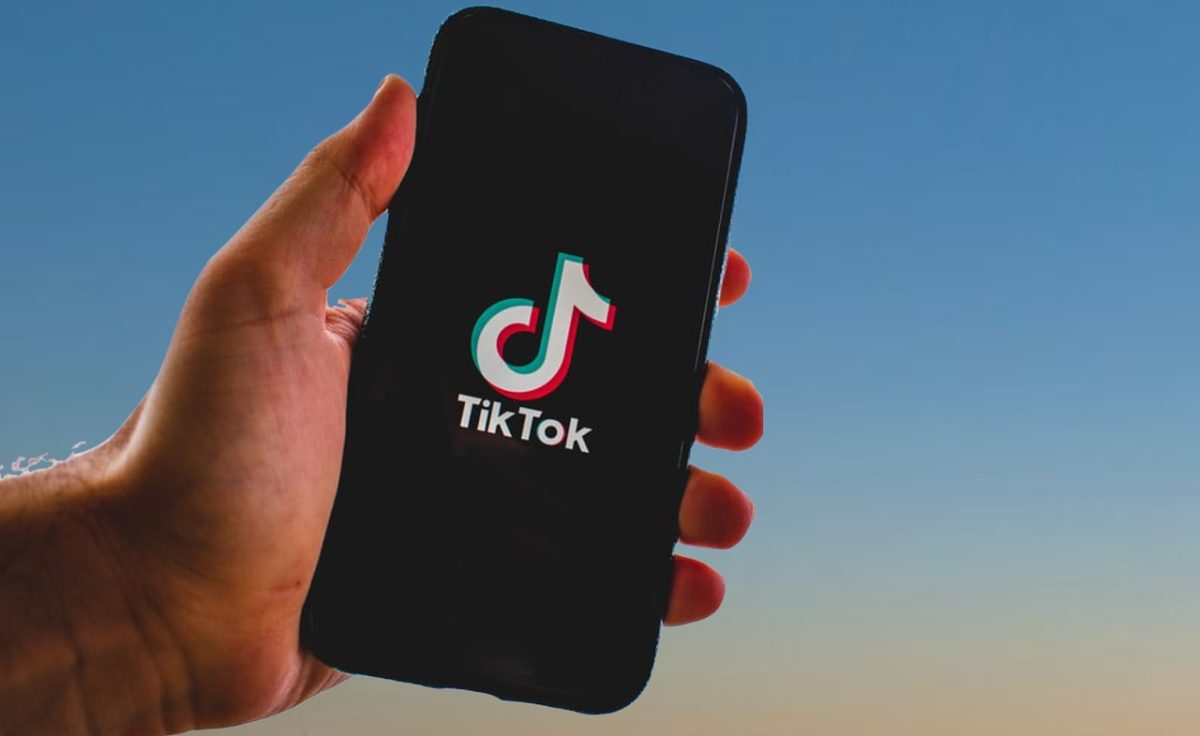The House passed and President Joe Biden signed legislation in March of 2024 that would ban TikTok in the United States if the Chinese company, ByteDance, does not sell the app by January 19, 2025.
The ban on the app is a decision decided by Congress and President Joe Biden due to the Chinese government potentially being able to access private information on American citizens and influencing the political landscape through fake news and the restriction of information being posted.
According to CBS News, ”U.S. officials have repeatedly warned that TikTok threatens national security,” as it is possible that China is able to spy on Americans or precariously influence their consumer content. Marco Rubio, who sits as the top Republican on the Senate Intelligence Committee, is concerned for TikTok’s target market, specifically, “a lot of young people,” as the app’s majority of viewers come from people under the age of 30. However, other Congress members, specifically Senate Minority Whip John Thune, have decided to focus on the advantages the Chinese government currently has over American users, with Thune calling the Chinese lobbying attempt to preserve TikTok a “stunning confirmation of the value the Chinese government places on its ability to access Americans’ information and shape their TikTok experience.”
On the actual sale of the app, reports on Associated Press state, “The original proposal gave ByteDance just six months to divest from its U.S. subsidiary, negotiations lengthened it to nine. Then, if the sale is already in progress, the company will get another three months to complete it.”
TikTok has also made an effort to counter the bill, shining a light on its current investments in data security, as well as the beneficial impact it has on the lives of content creators and small businesses who promote their products online. In the same AP report, TikTok representative Alex Haurek said a ban “would trample the free speech rights of 170 million Americans, devastate 7 million businesses, and shutter a platform that contributes $24 billion to the U.S. economy, annually.”
















